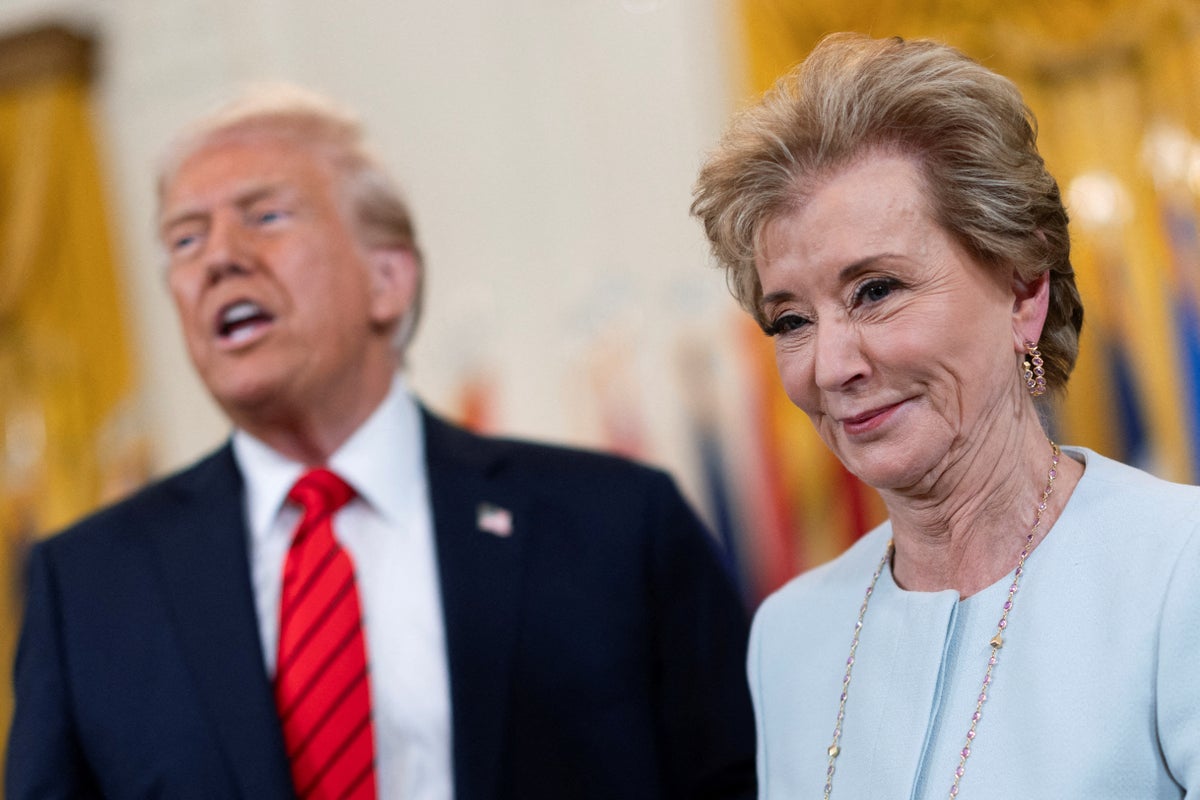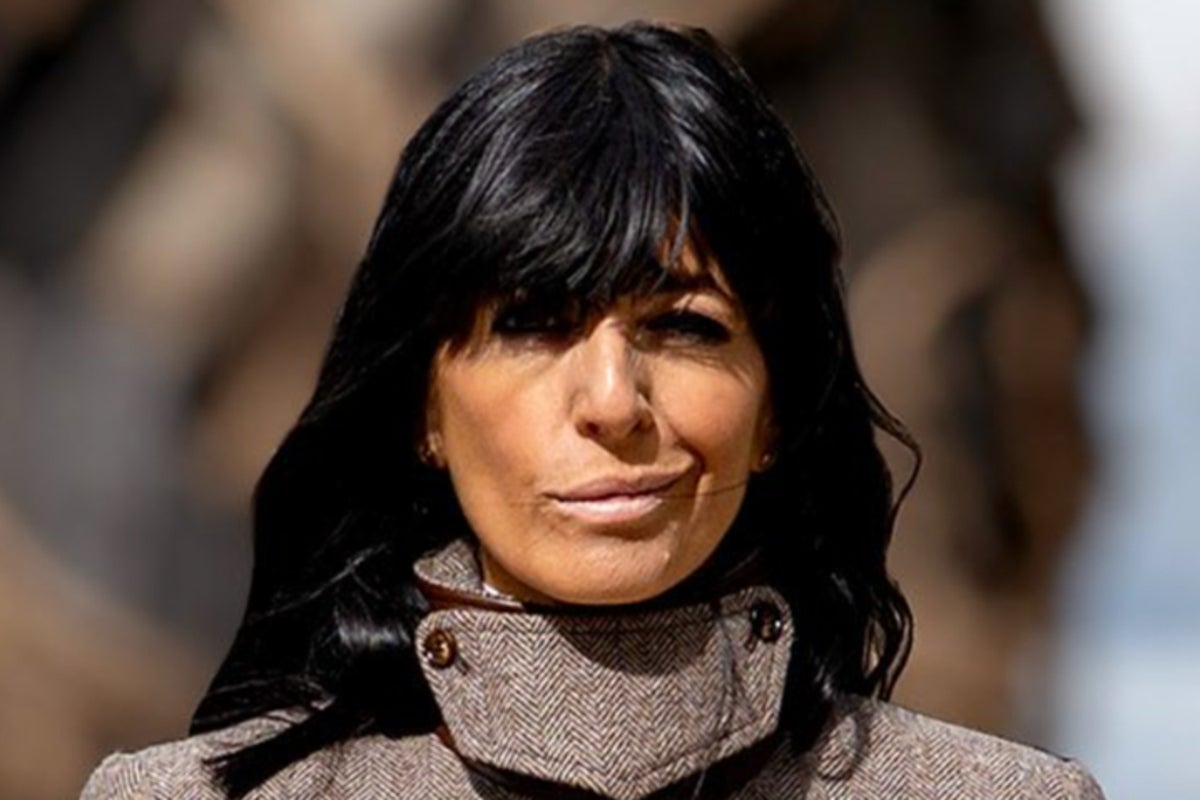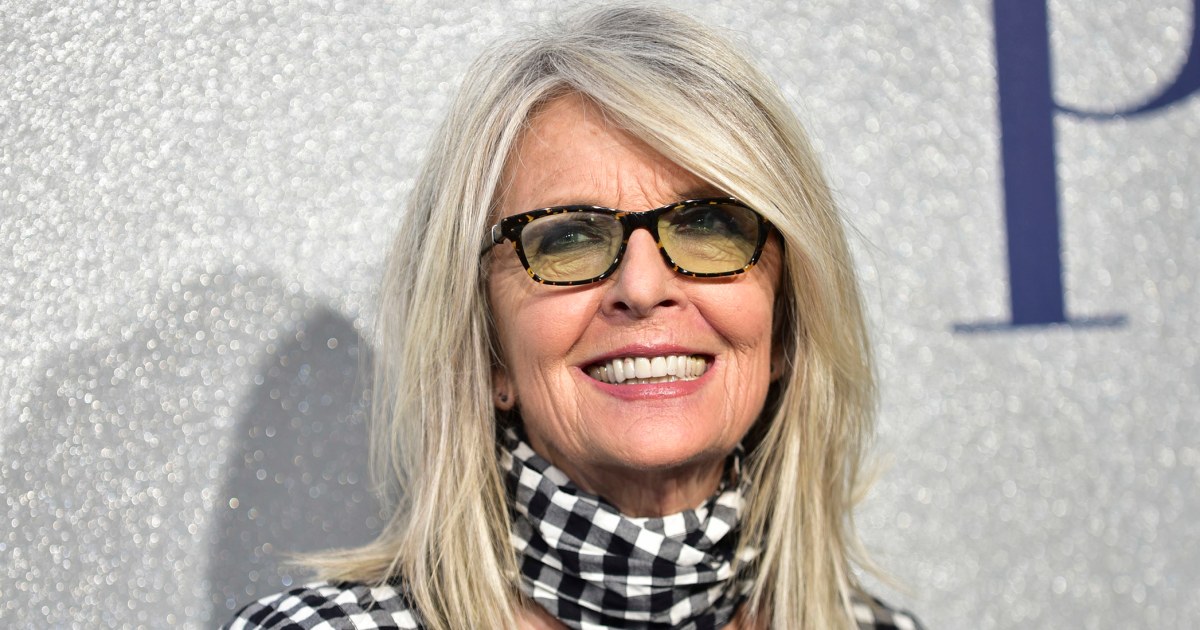This article is written by a student writer from the Her Campus at Temple chapter and does not reflect the views of Her Campus.
In July, Sephora fans were hit with the unexpected news that popular Black-owned makeup brand, Ami Cóle, was closing. Three months later, their website closed, and Sephora is selling the last of their stock.
After working as a product developer for Glossier, Diarrha N’Diaye-Mbaye decided to create her own makeup brand that sold clean makeup products for darker skin tones. Ami Cóle was founded in 2021. In 2022, they began selling their products in Sephora. While clean makeup was not new, many brands still did not sell products that worked on deep skin tones, but Ami Cóle sought to fill that gap. Their products, like their lip oils and skin tint, became quite popular, especially amongst Black beauty consumers.
After the announcement of their closing, many started conversations around the realities of the beauty industry. The beauty market is highly competitive, and it is getting harder for smaller brands to compete. Small brands have to fight for shelf space and the attention of customers, as well as creating innovative products and maintaining their sales. Even if the brand is sustaining itself, it still is expected to compete with major beauty companies like L’Oréal, Estée Lauder, and Unilever, who have billions of dollars to promote their brands.
After the closing announcement, N’Diaye-Mbaye released an op-ed for The Cut about her experience. She said that investors had high expectations for her social media and sales. This caused the brand to struggle as having the brand sold through Sephora was costly. She could not “compete with the deep pockets of corporate brands.”
The news of Ami Cóle’s closing came less than two months after it was announced that e.l.f. Beauty acquired Rhode, Hailey Bieber’s beauty brand, for $1 billion, which left people asking why smaller brands do not get this kind of support. Ami Cóle also had success when it was open; it raised over $3 million, was sold in Sephora, and had viral products. Yet, it was not given the same opportunities. These companies clearly have the money to invest in smaller, minority-owned companies, but decide not to.
The closing of Ami Cóle also shines light on the shift in attitudes towards inclusivity in the beauty space following the 2024 election. After the murder of George Floyd in 2020, many beauty companies created initiatives for making beauty a more inclusive space. When N’Diaye-Mbaye was developing her brand in 2020, she raised over $1 million from investors who wanted to support a Black-owned brand. Now, the people who wanted to “uplift Black voices” have changed their tunes.
Within the past few months, many beauty brands have let down their customers from marginalized communities when only a few years ago, these brands promised to support them. In the same month as Ami Cóle’s announcement, Anastasia Beverley Hills released their Smooth Blur Bronzers. When Black customers raised concerns about how the darkest shades do not work on their skin tone, Anastasia dismissed them.
Additionally, in June 2025, Tower 28 released a mineral sunscreen with a “universal tint,” however when Black and Brown content creators tested the sunscreen, they found that it left a huge white cast. In September, m.ph by Mary Phillips released their underpainting palette that did not work on dark skin tones. In August, e.l.f. Cosmetics released an ad with comedian Matt Rife, who has faced controversy for making fun of domestic abuse.
Now that Ami Cóle has closed, the gap it filled has now reopened. Hopefully, more POC-owned brands will be created to take their old spot. I think it is important for consumers to show support to smaller companies owned by People of Color since these brands to not get as much support.

.jpeg)



































 English (US) ·
English (US) ·